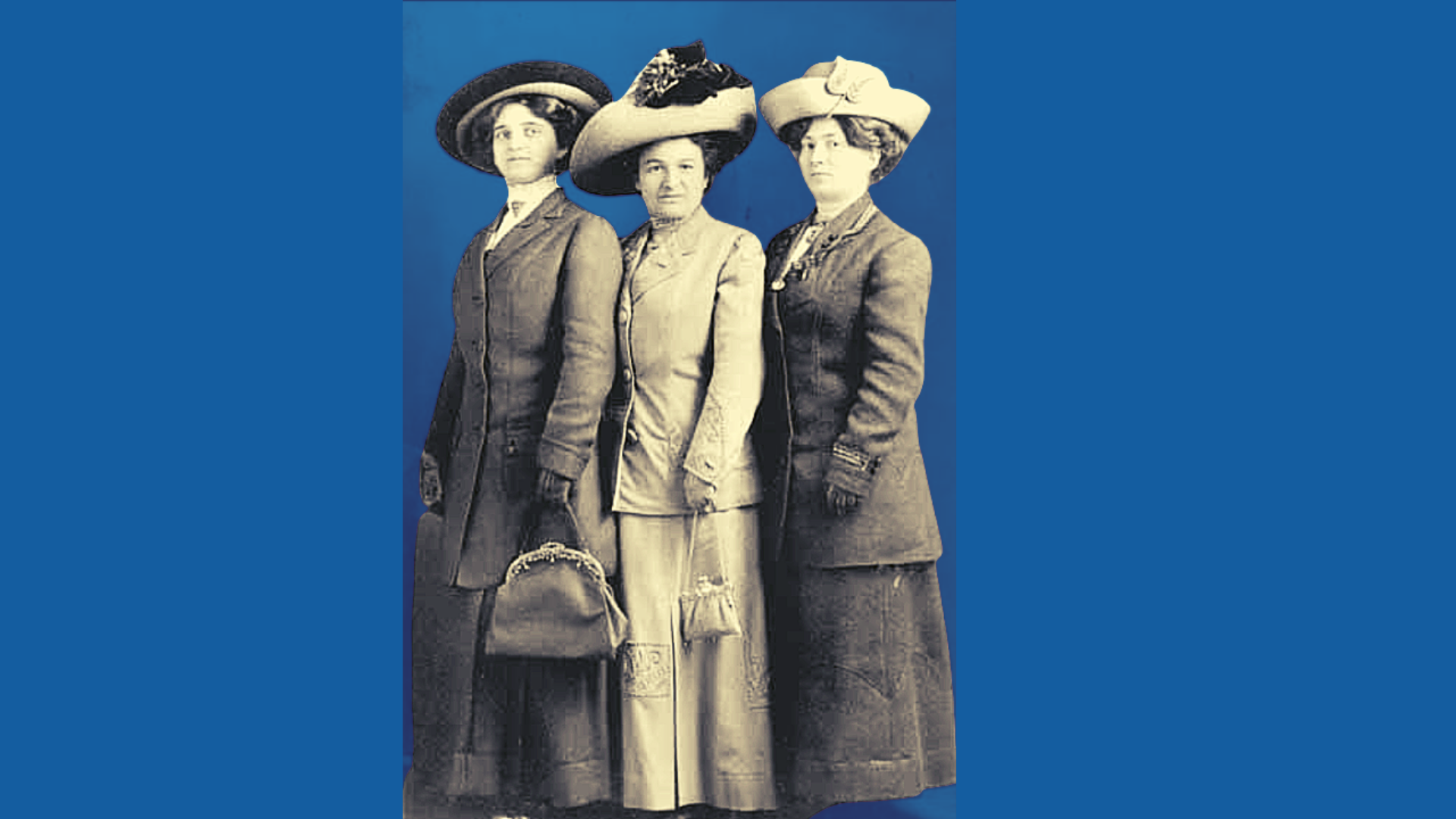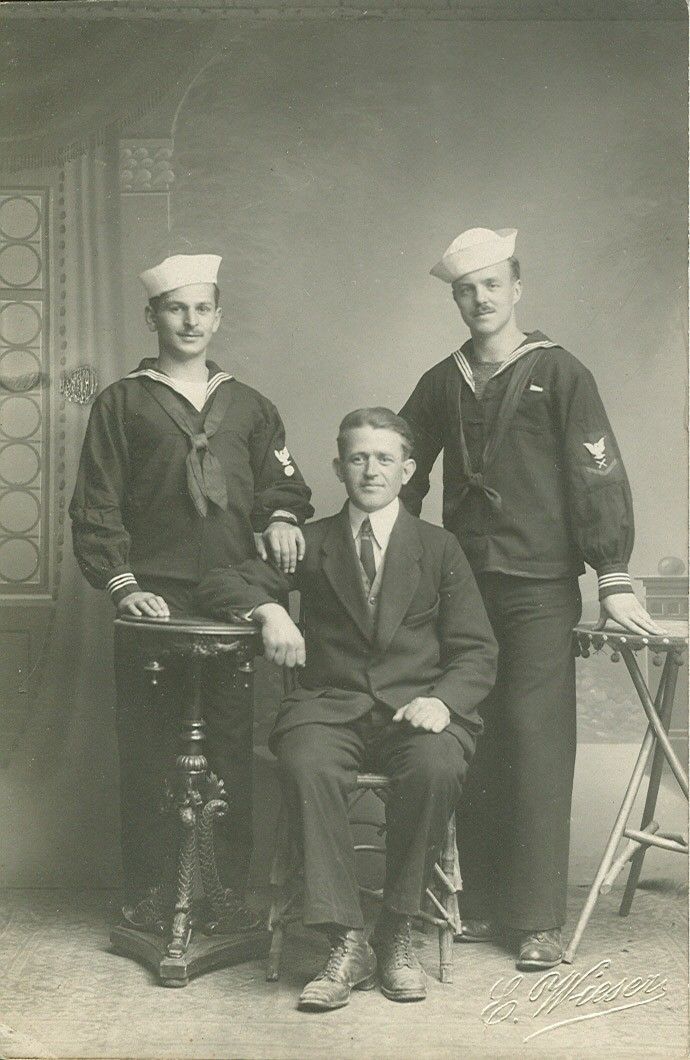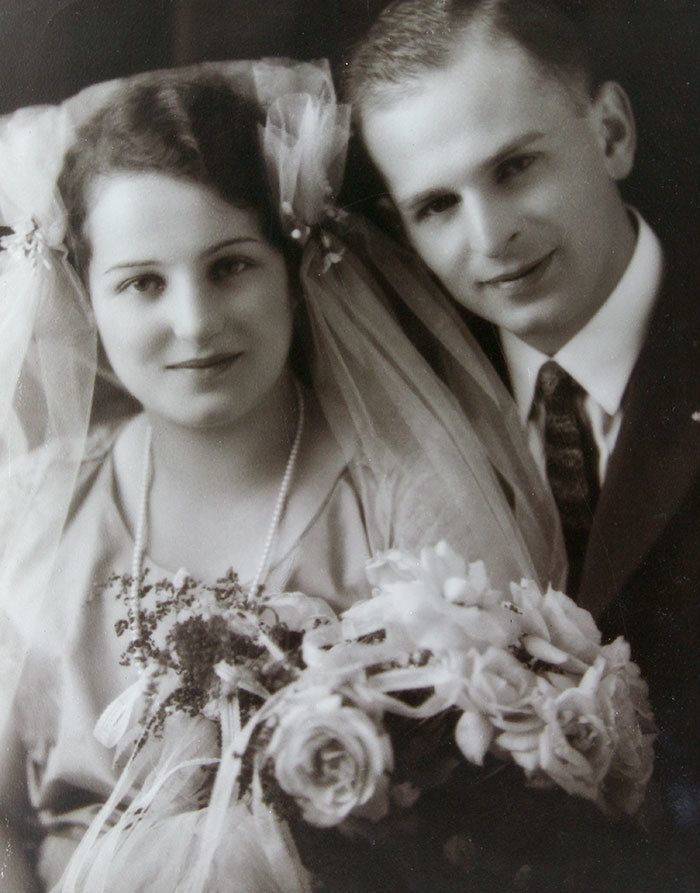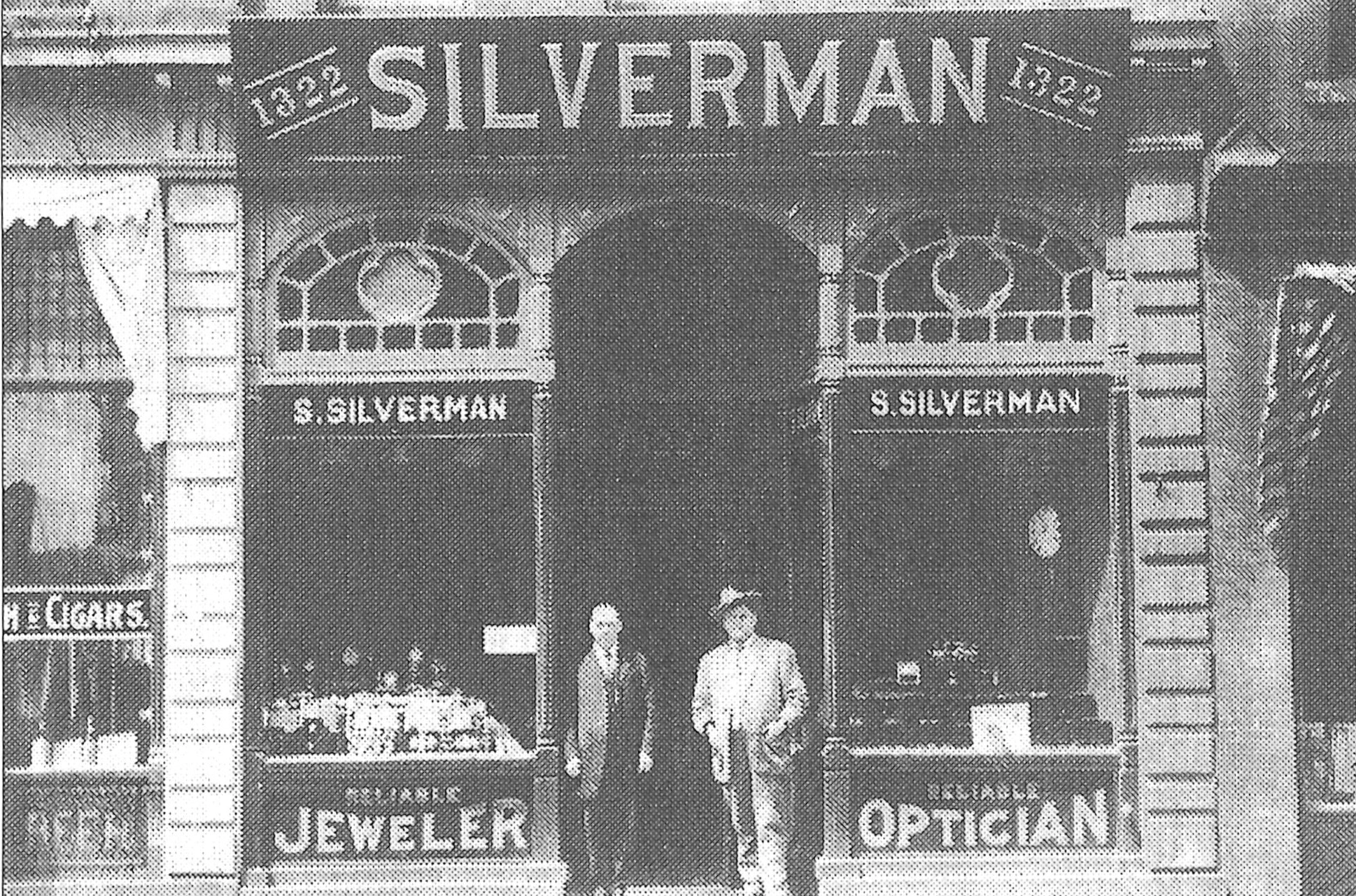Beginnings of Seattle's Bridge Family
Herb’s great uncle Alex Bryczkowski immigrated to the United States from Poland in 1890. Like many people in Eastern European Jewish communities, Alex sought escape from the violent pogroms that initiated in the previous decade. Upon arriving in the U.S., he changed his surname to Bridge, and embarked on a country-wide journey from New York to Seattle. He quickly set down local roots in the Pacific Northwest, prospered with an outfitting and clothing business, and became an established leader in the Jewish community.
As Herb Bridge recounts:
“Near as I know, in 1890 my great uncle, my grandfather's, my paternal grandfather's brother, had left Poland at a very early age, probably around 17 or 18 to come to this country, landed in New York and proceeded to cross the country until he ran out of country in Seattle here. And he established, he was in company with at the time the Schafers and other people, was, became one of the founders of both the Bikur Cholim and the Temple De Hirsch, so we're plank owners as the Navy calls them, of both the reform and the orthodox synagogues.”
Herb Bridge Interview. March 30, 2000. Washington State Jewish Archives. University of Washington Libraries, Special Collections.
By 1906, family members, including Herb’s father Ben, Herb’s grandparents Joseph (Josef) and Fannie, and extended family joined Alex Bridge in Seattle via Poland. The first decade of the twentieth century was pivotal for Seattle. The year after the Bridge family’s arrival, the Pike Place Market was founded as a public marketplace on the waterfront. In 1909, the city hosted the Alaska–Yukon–Pacific Exposition, drawing worldwide attention. Seattle was experiencing a population boom, growing to over 237,000 residents by 1910. Among them were Jewish families with connected histories to the Bridges. Through these connections, congregations were created and entrepreneurial businesses emerged.
As explained in Family of Strangers:
“As Seattle grew, many pawnshops that had been opened by Eastern European Jewish immigrants evolved into jewelry stores, and secondhand clothing stores became first-class establishments. Max Weisfield, a role model in the pawn-to-jewelry business, created the motto, ‘If Max Weisfield can’t fix your watch, throw it away.’ He and the Friedlanders, Burnetts, Bridges, and Rivkins were some of Seattle’s most prominent Jewish-owned jewelers.” (pg. 54).
Cone, Molly, Howard Droker and Jacqueline B. Williams. Family of Strangers. University of Washington Press; First Edition (July 1, 2003.)




